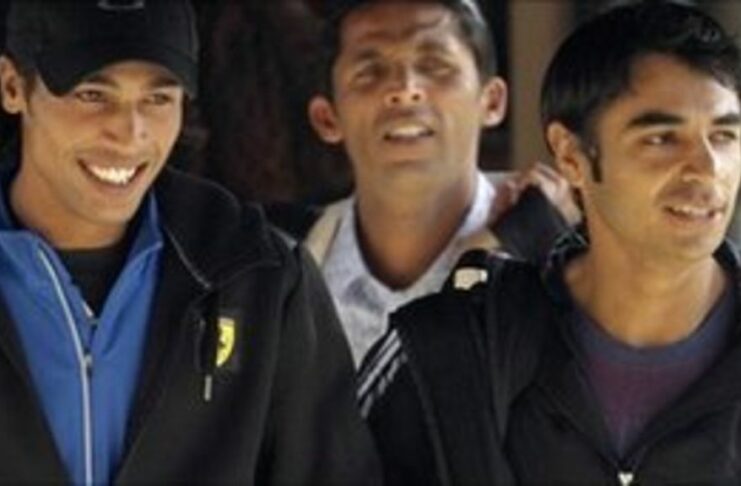Imagine, you are in the stadium watching India take on Pakistan, the match turns out to be one of the most entertaining matches you have ever seen. It is this competition, the entertainment, that makes cricket or any other sport so exciting.
Unfortunately, there are forces lurking in the shadows of the sport that try to fix the results of the match and in the process take away its competitiveness, which is at the core of what makes a match worth enjoying.
These bookies and fixers try to pay players to underperform through the match. The prior information helps them to gamble and place bets with definitive high returns.
Recently, PCB banned Umar Akmal for 3 years from all forms of cricket for failing to report approaches by match-fixers.
Here’s a list of 5 match fixing scandals that shocked the cricketing world
5 match fixing scandals
1. Saleem Malik
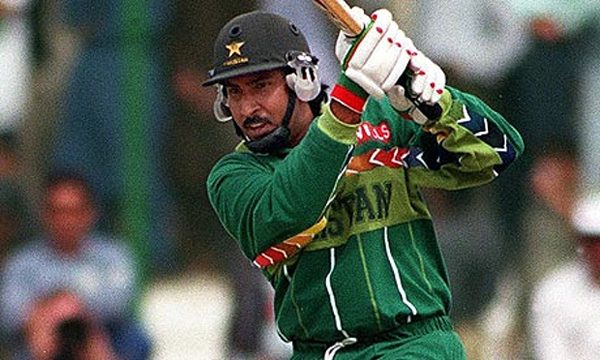
The right-handed batting all-rounder and former captain of Pakistan, played more than 100 Tests for his team from 1981 to 1999. He scored his first century in the second innings of his first Test match against Sri Lanka in Karachi.
In 2000, the Justice Qayyum report found guilty of bribery and was given a lifetime ban. He was the first ever cricketer to face a sentence of lifetime ban. His punishment was overturned by a local Pakistani court in 2008.
Over the years, he applied for various coaching positions in Pakistan Cricket Board (PCB), but he was not given the opportunity because PCB believed that Malik was yet to explain some meetings in London.
On 27th April 2020, Saleem Malik issued an unconditional public apology admitting to playing a part in the match-fixing scandals. He admitted his guilt for fixing matches during the 1990s as a Pakistani player.
2. Mohammad Azharuddin
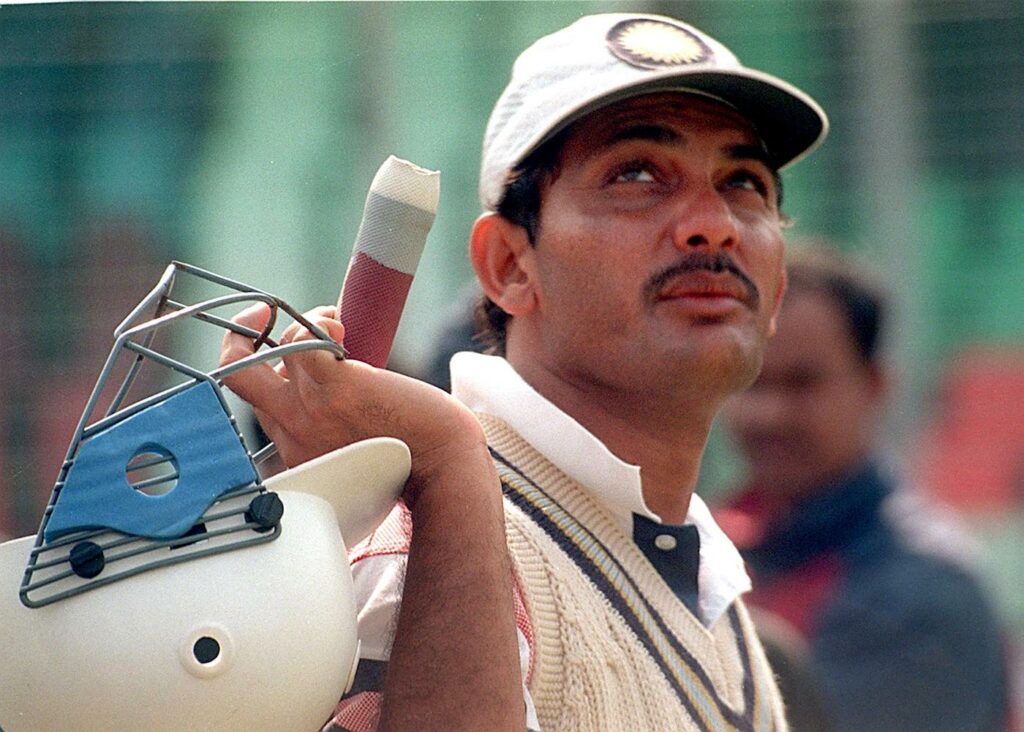
The elegant middle-order batsman and the former captain of Indian cricket team played for his country between 1984 to 2000. His career saw its end when he was found guilty of a match fixing scandal in 2000 and consecutively banned by Board of Cricket Control in India.
Azharuddin announced his arrival to the cricketing world with three back to back centuries in his first three Test matches in 1985. He led India and became on of the best captains for the country.
After the Hansie Cronje match fixing controversy, he released a statement in June 2000, where he revealed that Azharuddin had introduced him to a bookie who offered him money during South Africa’s tour of India.
During a CBI investigation, Azharuddin reportedly confessed to fixing matches in 1996, 1997 and 1999, but later denied being involved in any such activity in an interview. In November 2000, BCCI found Azharuddin guilty of match fixing and was banned for life by BCCI.
The Andhra Pradesh High Court declared the life ban unsustainable and illegal in 2012. He started his political career by joining the Indian National Congress in 2009 and is currently a prominent political figure.
3. Manoj Prabhakar
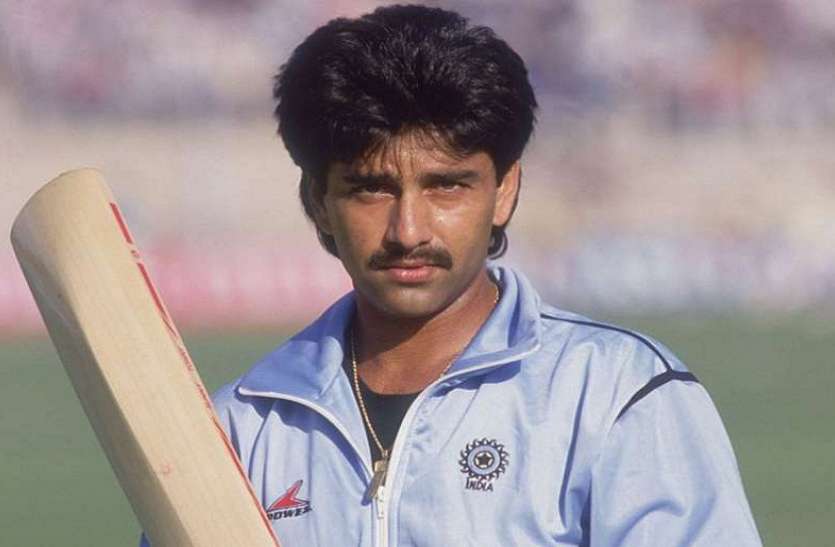
Manoj was one of India’s most prolific all rounder of his time. Although, he is remembered for all the wrong reasons as he was at the central focus of one of the biggest match fixing scandal that pointed fingers at some of the biggest players of the country.
In May of 2000, Manoj Prabhakar alleged that Kapil Dev had offered him INR 25 Lakhs to underperform during an ODI tournament in Sri Lanka. Additionally, the then BCCI President revealed that Prabhakar had intimated him that a great all-rounder had tried to bribe him.
There was a shock through the cricketing fraternity. The charges were vehemently denied and Prabhakar could not furnish any proof. Prabhakar requested fast bowler Prashant Vaidya to corroborate his story but he was not too keen to get involved.
Then Prabhakar teamed up with sting operation specialists, Tehelka.com to produce tapes of his conversations with cricketers. He went around with hidden cameras and the tapes were later publicised and later released in form of a book named “Fallen Heroes”.
These tapes are considered as indirect evidences and are therefore not enough to lead to conviction due to the lack of their conclusiveness. Meanwhile, Kapil Dev in an interview with BBC, broke down and said that Prabhakar’s allegations are ridiculous and that he’d rather commit suicide than to take bribes to throw away games.
CBI and Income Tax departments came together to lead a stunning investigation. Prabhakar’s financial accounts were seriously scrutinized. All of this backfired for him as the investigation revealed some loopholes in his financial account.
In the final verdict, Kapil Dev was exonerated but Mohammad Azharuddin, Dinesh Mongia, Ajay Jadeja, Ajay Sharma and Manoj Prabhakar along with team’s physio Dr. Ali Irani were found guilty of taking bribes for fixing matches.
4. Hansie Cronje
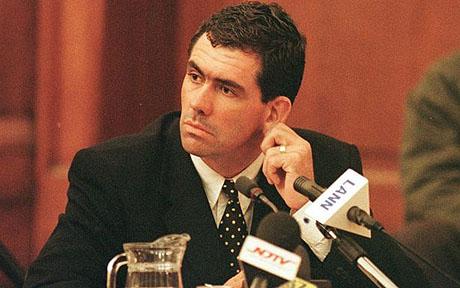
Hansie Cronje was a former South African captain and a national hero. He was revered, respected and admired around the world as a cricketer. Unfortunately, he fell prey to the menace of match fixing that ended his career.
20 years ago, April 11 was marked as a black day in the history of cricket. As one of the most shocking, shameful and troubling behind the scenes story about cricket unravelled, the South African role model was sacked as the team’s captain.
In April 2000, following an investigation, the Delhi police charged Cronje for match fixing during an ODI series against India. The Indian bookie involved was the businessman, Sanjay Chawla. Cronje was found to be in touch with the bookie.
Cronje vehemently denied the charges initially but his conscience made him accept the allegations. Furthermore, he decided to provide information about the bookie and the involvement of players.
Cronje confessed that he was taking bribes since 1996 and accused Mohammad Azharuddin of introducing him to Indian bookie. According to Cronje, the bookie offered him bribes to throw away a Test match during South Africa’s tour of India in 1996.
Cronje had confessed to take bribes worth 5,000 pounds and a leather jacket. The two teammates he had corrupted were Henry Williams and Herschelle Gibbs. Both testified in front of Kings Commission in 2000 against Cronje. Cronje was found guilty and was awarded a life ban from any sort of involvement from the game.
5. Salman Butt, Mohammad Amir and Mohammad Asif
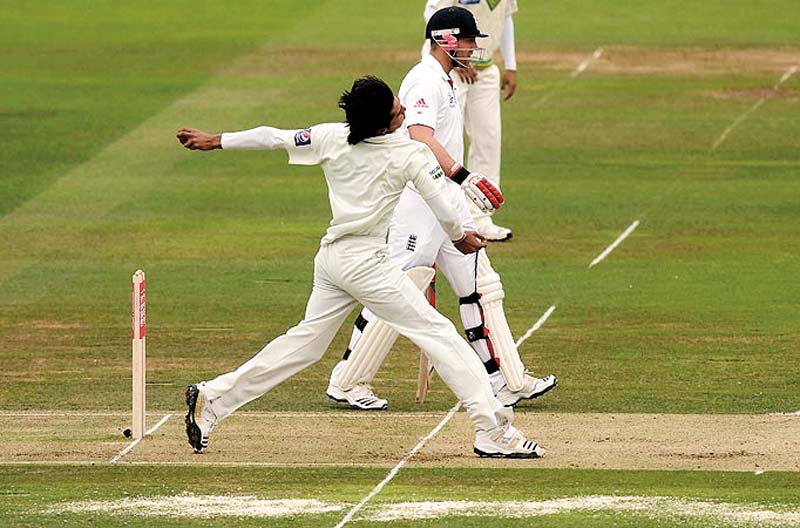
The trio from Pakistan cricket team was involved in one of the major spot-fixing scandal during a tour to England. They had spot fixed the match at Lord’s, London in August of 2010.
Match fixing is when a player takes money to ensure the final result of the match. On the other hand, spot fixing is when a player takes money to underperform at certain pre-arranged moments of the match.
Spot fixing is easier to sell to players because there’s more room to convince them that their involvement will not have any effect on the final result. Moreover, for the bookies, it provides better odds because the probability of the fixed spot is very less.
The Pakistan trio was convicted of taking bribes from a bookmaker named Mazhar Majeed. Reporters from News of the World went undercover and recorded Majeed accepting that Pakistani fast bowlers Amir and Asif would deliberately bowl no-balls at specific point of times.
Amir did bowl a no ball in the third over, and it was an enormous no-ball, about half a meter over the line. Asif bowled a no ball in the tenth over as predicted by Majeed in the sting operation video.
It was later found that Butt and the other two players implicated in the scandal were in possessions of bills with exactly same serial numbers as the ones reporter had paid Majeed earlier. Butt maintained his stand that Majeed is a sports agent and not a fixer.
The Scotland Yard arrested Majeed and the ICC banned Amir, Asif and Butt for 5,7 and 10 years respectively. In November 2011, all four were given prison sentences ranging from six to thirty-two months.
Need of the Hour
After numerous match fixing, spot fixing and pitch doctoring scandals around the world, the sport of cricket has still not managed to get itself rid of it. Fixing scandals are rampant not only in international cricket but in domestic cricket as well.
Here’s a link to a sting operation conducted by Al Jazeera that sheds spotlight over the involvement of some of the biggest players of cricket. Additionally, the documentary uncovers that there are plans of organizing tournament with a sole aim of gambling.
The need of the hour is to protect players right from the domestic levels of cricket. If the player gets involved at that point, he will end up becoming a pawn for the fixers even after he makes it to the international stage.
It is also necessary to create a safe space for the players to approach the board and inform them about any such approach from the fixers. The boards should also be accountable to the ICC’s Anti-Corruption unit to ensure transparency of the process and to better protect the players from fixers.
Follow us on facebook for sports news & updates

